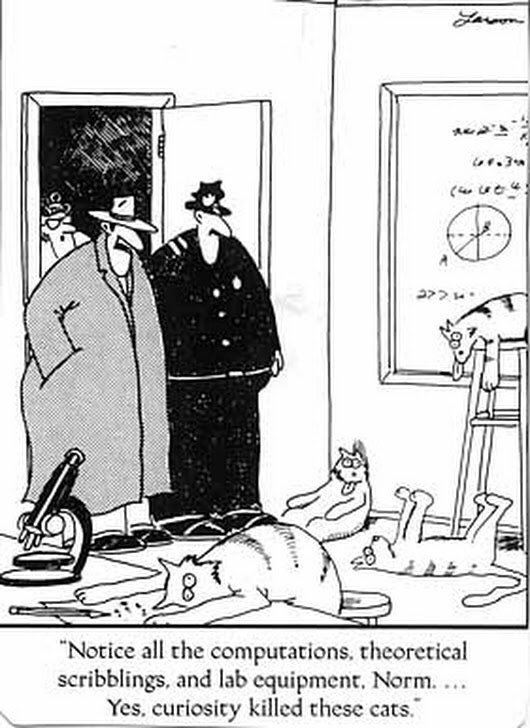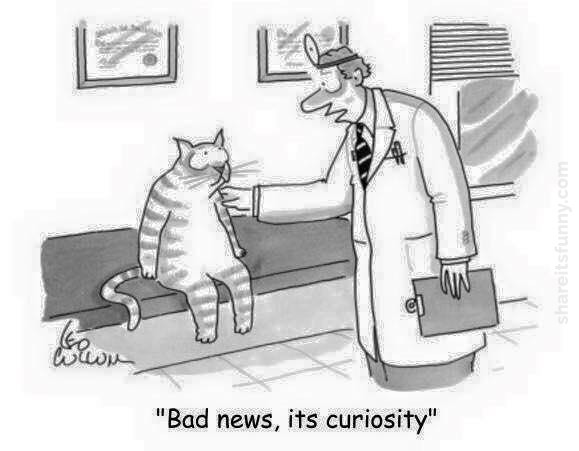Table of Contents

Prior to the 2016 US election, in a general conversation, a visiting friend from the UK stated that he believed that Trump would win the election. Another guest reacted negatively and emotionally with her opinion of Trump. In reply my UK mate asked, ?So are you closed minded about Trump?? An answer was not forthcoming. However, this circumstance got me thinking, and consequently some questions and the following observations began to germinate.
When attempting to debate issues based on emotion (particularly those associated with people?s own ?identities?), do people necessarily apply thinking in an even-handed way to appraise the evidence at hand? Or instead, do they simply use it to rationalise their existing viewpoint and disregard any arguments that contradict those views?
Perhaps the more intelligent or academically knowledgeable people become, the easier it may be to build elaborate arguments that always support their point of view? The ?brilliant brain? may become a tool for propaganda rather than truth-seeking.
Besides this ?self-motivated reasoning? smart ?academic? people may also suffer from ?earned dogmatism? (a psychological hypothesis), in which your perceptions of your own expertise cause you to become more closed-minded. For instance, if one has a politics degree, one may tend to ignore new evidence that contradicts your learned conceptions, because you feel that you know everything there is to know already!
Will every smart person fall for these traps? Emphatically not, but I guess it depends on whether one?s ?intelligence? is complimented by some other traits that ensure one can use that intelligence with an open mind.

One such trait, for example, could be curiosity. Some people are naturally more curious than others. For the curious, learning new facts has rewards in its own right. Discovering a new idea that changes a preconception may even create a reward of dopamine in the brain.
Do we all actively seek new knowledge? And would we get the inclination to read a newspaper article on a favourite subject, even if it threatens to challenge our assumptions? Such openly curious people appear to be less likely to allow their views to be skewed by their political affiliations since their hunger for new knowledge ?trumps? (sorry) any dogmatic tendencies.
But there seem to be many intelligent people who may not have this hunger for knowledge for its own sake, because ?I?ve been there, done that?!
One of the many positive traits that I enjoy about Jordon Peterson, besides his brilliant mind and communication skill set, is his ?intellectual humility?, which obviously appeals to his audiences and opens up their minds. Another aspect of Jordan?s appeal is how easily he can admit that he can be wrong. People with greater intellectual humility are less likely to hold polarised, dogmatic views. Instead, they appraise the evidence at hand and listen to alternative points of view which makes them attractive to listen to. Additionally they themselves continue to learn.
I am discouraged by the apparently growing Marxist mindset being indoctrinated into our young by university academics, who tell their students what to think, using emotions over reason, instead of teaching them how to think critically!
I believe this indoctrination methodology has been happening since the 1960s, so this Marxist, emotive ‘earned dogmatism closed mindset? has been spread throughout the generations.
Good thinking can be learnt; however, it can be difficult for open-minded people to offer alternative points of view when they receive baffling counter emotive responses that use name-calling via identity politics to close down the argument.
Currently, we have a socialist government, aided by the MSM and university academia, trying to legislate against freedom of speech, utilising the term ?hate speech?, which offers the ideologues another tool to shut down most open-minded debate.
I acknowledge that after sharing my opinion, probably some might think that I haven?t thought of anything that is new or startling; however, when you realise ?that you won?t meet anyone humbler than me?, the information contained herein might become worthwhile! ?
If you recognise in yourself a measure of closed-mindedness I hope you find the courage to question some of your assumptions and viewpoints. Curiosity may kill the cat but it can also be very rewarding.





